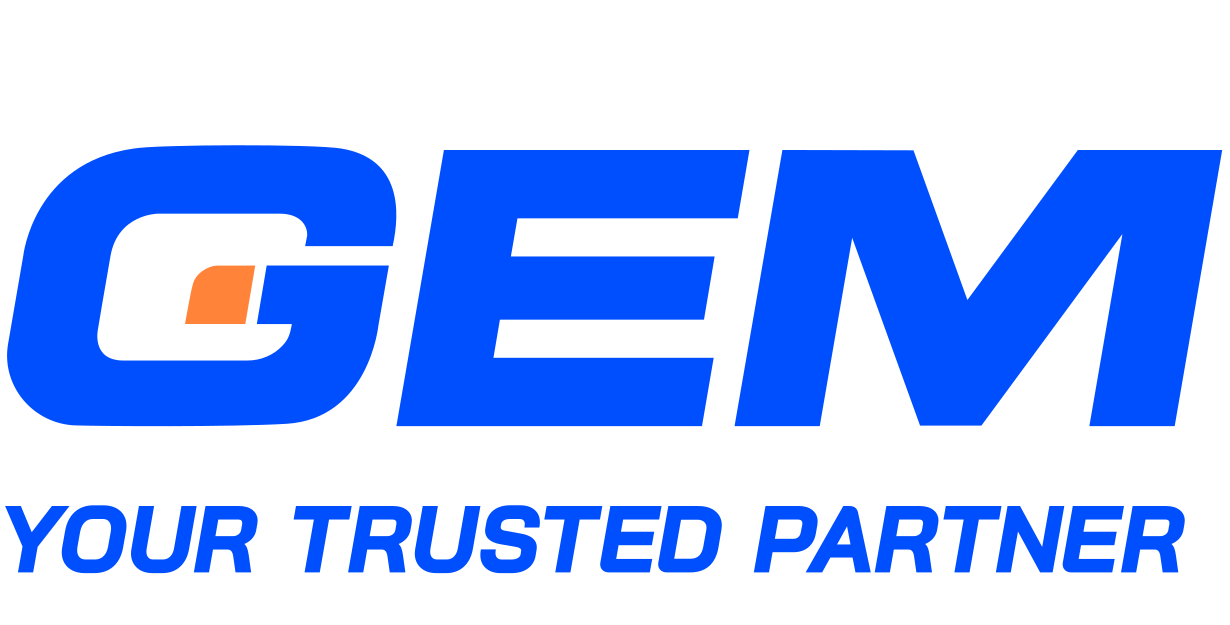Contents
Machine Learning (ML), a subset of Artificial Intelligence, can be defined as the creation of algorithms that learn from data without explicit instructions. They can process large volumes of inputs to generate informed decisions. When integrated into the medical workflow, ML in healthcare promises to unlock values and pave the way for large-scale innovation in the healthcare sector.
The challenges: Increasing workload and insufficient workforce
The pressure on healthcare workers is building up. The industry is estimated to account for around 30% of worldwide data coming from multiple sources such as practitioners, institutions, and wearables. It means greater difficulty in data formatting and processing, as information may not be well structured and noise-free.
At the same time, the nature of care delivery itself is highly demanding. By 2050, in every four people, one of them will be over 65 years old. This means the domain will have to handle more patients with more complex needs. Besides increased longevity, factors such as changing patient expectations and shifting lifestyle choices are also important attributes. Without ML in healthcare, meeting these sophisticated demands will be challenging.
Meanwhile, the workforce shortage is expected to continue widening. The World Health Organization estimated that across Europe, by 2030, the demand for healthcare workers would rise to 18.2 million. The current supply of 8.6 million nurses, midwives, and healthcare assistants would not match rising demands.
The solution is not employing more people. The operation and management of medical systems should shift from being episodic and purely care-based to being proactive, sustainable, and scalable. This transformation can only be achieved with tech advances – such as ML in healthcare.
Three positive changes to expect from ML in healthcare
The first meaningful impact of ML in healthcare is enhancing efficiency. Routine administrative tasks can take up to 70% of health professionals’ time, but they can be automated with ML-powered solutions. The graph below illustrates the share of working hours in different medical occupations that automation can free up by 2030.

The second one is changing the essence of care delivery. The integration of ML in healthcare will affect not only the working hours but also the work itself. Practitioners can devote their valuable time to offering highly personalized service that prioritizes convenience and optimal patient experience. On a larger scale, the training of health workers and the operation of institutions will shift to innovation, continuous learning, and multidisciplinary working.
The third impact is introducing new professions into the industry. There will be an expertise intersection of medical and data science. Thus, ML in healthcare paves the way for new and flexible career paths, allowing people who are skillful in both respects to make valuable contributions. For example, a hospital will need developers with sufficient medical knowledge to develop a decision-support system that is well-organized, clinically meaningful, and user-friendly.
Ethical concerns
Apart from the strong belief in its tremendous benefits, ML in healhcare also causes fears of possible ethical challenges.
- Informed consent: ML-powered health-related software and wearables are increasingly common. However, functions such as diet guidance and health monitoring raise questions about user agreement, as people do not always fully understand how much information they are giving.
- Safety and information bias: The data used to train algorithms of ML in healthcare may not be reliable and impartial enough to yield accurate decisions when they are applied to real patients. Therefore, during the training phase, the quality and diversity of datasets should be ensured.
For instance, a model built for estimating the optimal treatment for skin cancer, if trained predominantly with data on Caucasian patients, may give less reliable recommendations for people from other ethnic groups.
- Obsolescence of human professionals: Many argue that the widespread use of ML in healthcare will put medical personnel at risk. According to them, patients may prefer virtual staff because they falsely assume machines are unbiased and will generate more accurate diagnoses. Some patients, additionally, may feel embarrassed and reluctant to talk to doctors about their problems.
8 practical applications of ML to empower health workers and streamline operations
The healthcare sector has long pioneered in employing and benefiting from ML solutions. With ML in healthcare, computational power has been translated into substantial assistance in multiple aspects.
1. Health data management
Health informatics can leverage ML to speed up recordkeeping and management. The technology transfers existing unstructured, complex documents into unified datasets, providing advanced insights for professionals. Hence, it results in improved care quality and reduced administrative costs.
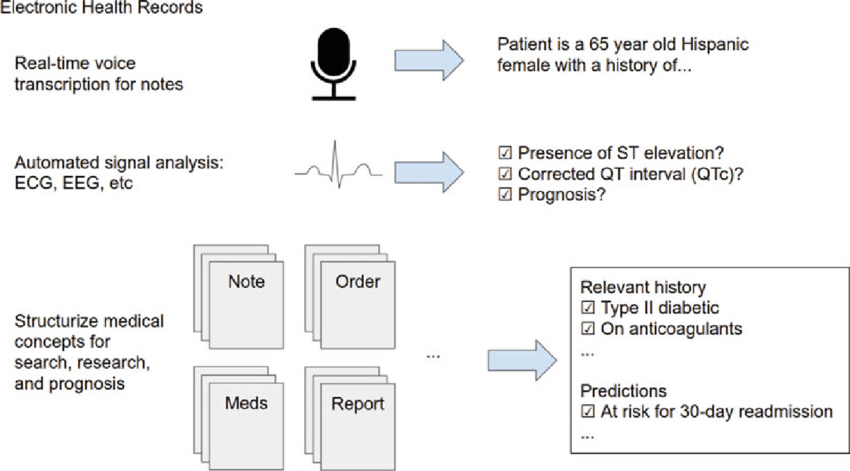
For instance, natural language processing (NLP) will help physicians capture, record, and store clinical notes, including hand-written ones. This optimizes the treatment process by eliminating manual work and synthesizing data for future references.
2. Medical imaging
ML systems can be trained to generate meaningful diagnoses after observing image features, such as shapes, textures, intensity, colors, etc. The picture below illustrates how a model powered by ML in healthcare works and is later applied to the classification of benign/malignant tumors.
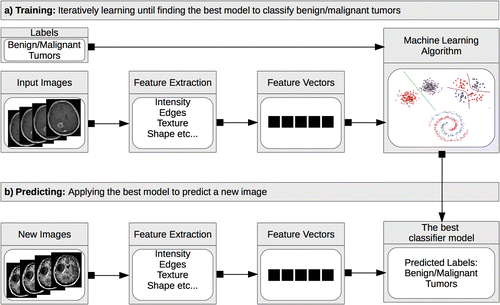
3. Early disease prediction via genetics study
Many health initiatives require the acquisition of a large number of human genome samples for research purposes. However, because of the human genome’s complex nature, it is extremely challenging to understand and properly decode this type of information.
Recently, ML in healthcare has helped scientists find patterns and trends within different areas of the human genome, hence uncovering previously unknown correlations between health-related factors and the risk of acquiring certain diseases in the future, such as cancers or Alzheimer’s. This allows for timely preventive actions and early interventions.
For example, an ML model is capable of predicting ovarian cancer with an AUC of 0.89 (meaning the model has an 89% chance of correctly labeling a case as positive or negative).
4. Outbreak forecasting
ML in healthcare can automate the forecast of infectious outbreaks within communities at an early stage, potentially helping to minimize the number of patients and reduce damage. Data variables, including the nature of the disease, its transmission route, geographical characteristics, demographic traits, etc., are processed to find patterns and estimate the risk of future outbreaks.

One study proposed an ML-based methodology that analyzes media articles to estimate how likely infectious diseases that did not occur for six months in certain countries may reappear. The table below compares the accuracy of three different models that used 6 months’ worth of data.
5. Drug discovery and development
In this regard, intricate information volumes relating to human biology, genomics, etc., have long been major obstacles for doctors and researchers. Fortunately, they can rely on ML in all stages of the drug discovery pipeline, as the technology will help them organize and make sense of unstructured data pools.

For instance, an ML-based technique has been developed by MIT researchers to calculate how well a drug molecule can bind with a target protein (respectively represented by the pink and circular structures in the illustration below). With ML in healthcare, this model yields equally precise calculations as the previously used methods but in a fraction of the time.
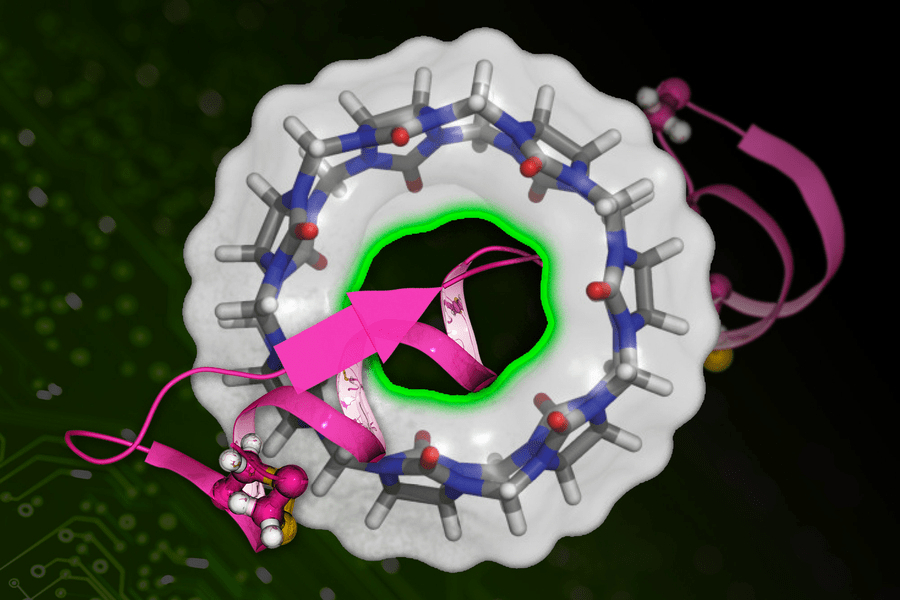
6. Surgery assistance
ML in healthcare – specifically computer vision – aids surgeons in the preoperative phase by analyzing the anatomy model of a patient to develop a specific surgery plan.

For example, using traditional computer vision, a 3D reconstruction of an endoscopic video can be successfully generated within 16.7 milliseconds. The fast and accurate output allows for the estimation of an optimal trajectory to reach the targeted part without causing critical harm to other organs and tissues. Therefore, the real-time streaming and rendering of 3D reconstructions, supported by computer vision, is beneficial for surgeons.
7. Personalized medicine
Each person is clinically different, so medicine and treatment should be tailored accordingly. This approach is known as personalized medicine.
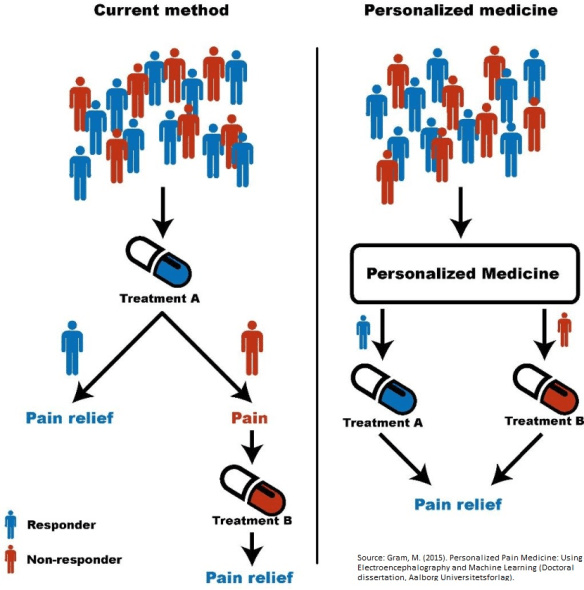
The key to personalized medicine is extracting extensive knowledge of a patient’s health from their background. Details such as familial information, medical history, and lifestyle choices will be studied to optimize diagnostic decisions rather than relying on trial and error. On that account, ML in healthcare reduces disease-associated health and financial burdens.
8. Virtual nurse
On a daily basis, nurses have to deal with a large number of patients, together with time-consuming daily tasks and protocols. To boost their productivity, virtual nurse solutions have been introduced to offer substantial support and assistance. These computer-generated, on-screen staff can form simple conversations with patients and remotely monitor their recovery to alert clinicians. Thus, ML in healthcare enables institutions to focus on allocating nurse resources to other important areas, such as an emergency room or intensive care unit.
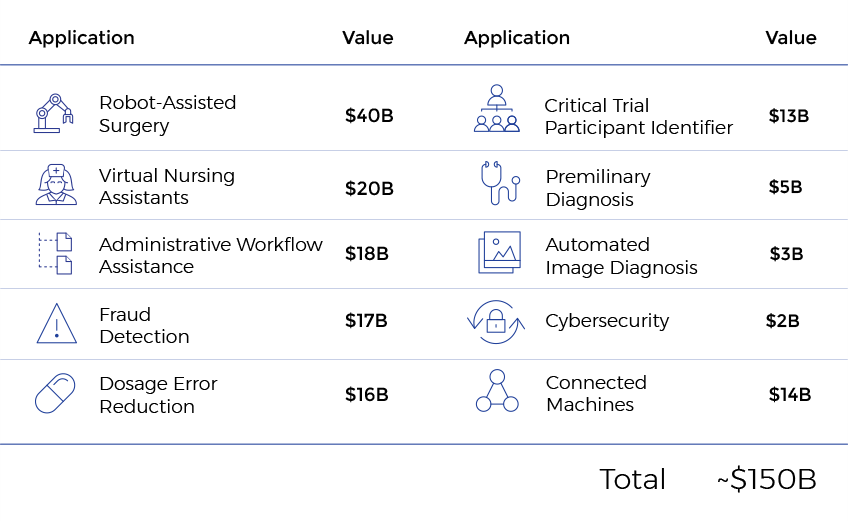
Closing thoughts
In the healthcare landscape, the role of technologies, ML, in particular, has been emphasized as an indispensable decision-support tool. Combined with the human element, ML solutions are actively advancing healthcare and contribute to the improvement of overall life quality.
Are you looking for a Machine Learning Expert?
1. GEM Corporation is an IT Outsourcing company experienced with developing AI solutions. We have worked on developing NLP and OCR solutions for top industrial corporations in Japan; specialized in deploying chatbots, text and image processors, recommendation systems. We are also partnering with Vietnam National University’s AI Laboratory on scientific research and talent training.
2. Our domain expertise includes Logistics, Telecommunications, Finance, Banking and Insurance, Retails, Manufacturing, and so on.
3. We have more than 7 years of experience. Our offices are based in Hanoi, Vietnam and Tokyo, Japan.
4. We have successfully built more than 100 successful projects for our clients in the US, UK, Europe, Japan, Korea, Singapore, and many more.
5. Let us know how we can help you build your next AI solution. Contact us now and get a demo for your project.
